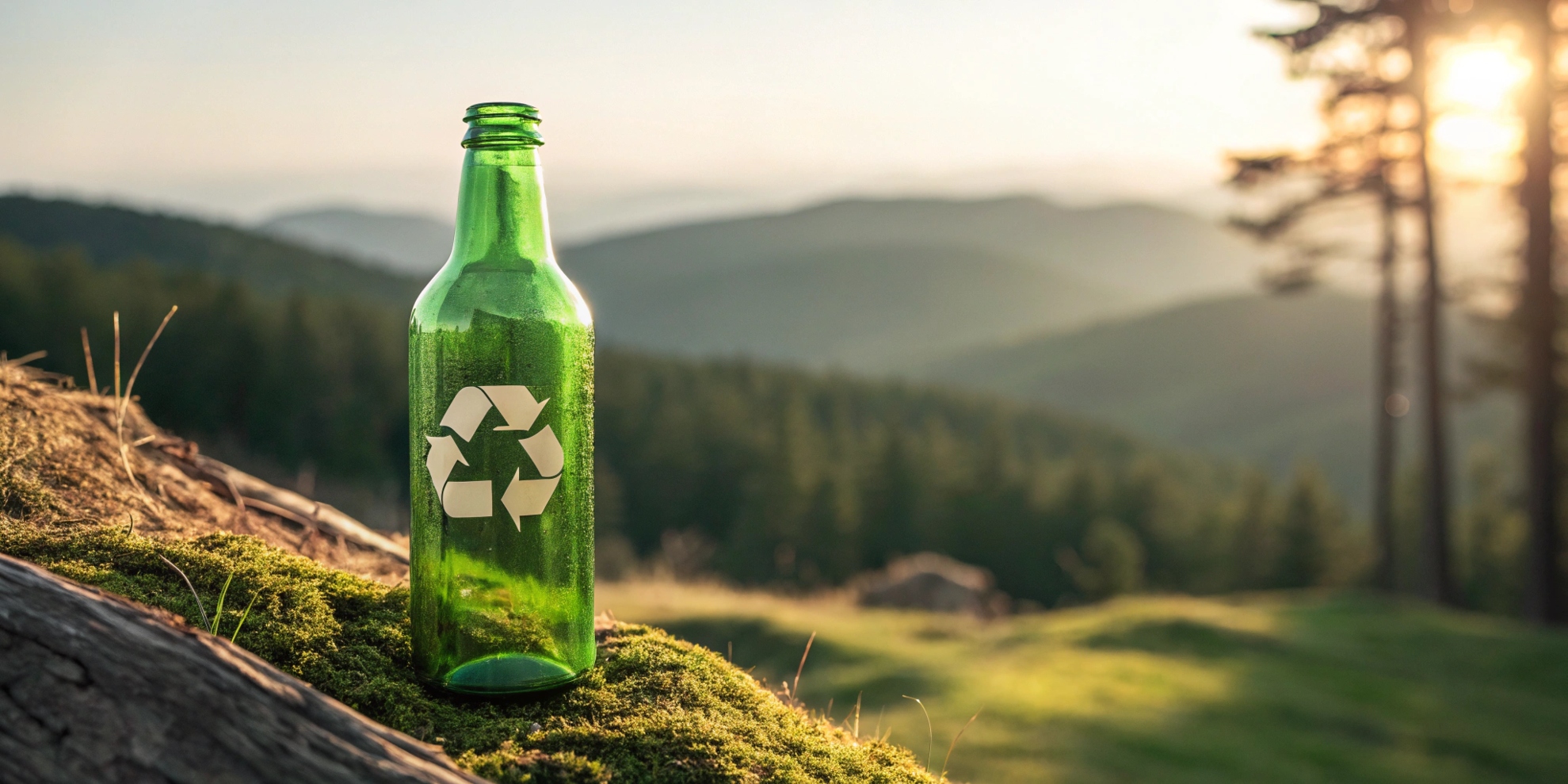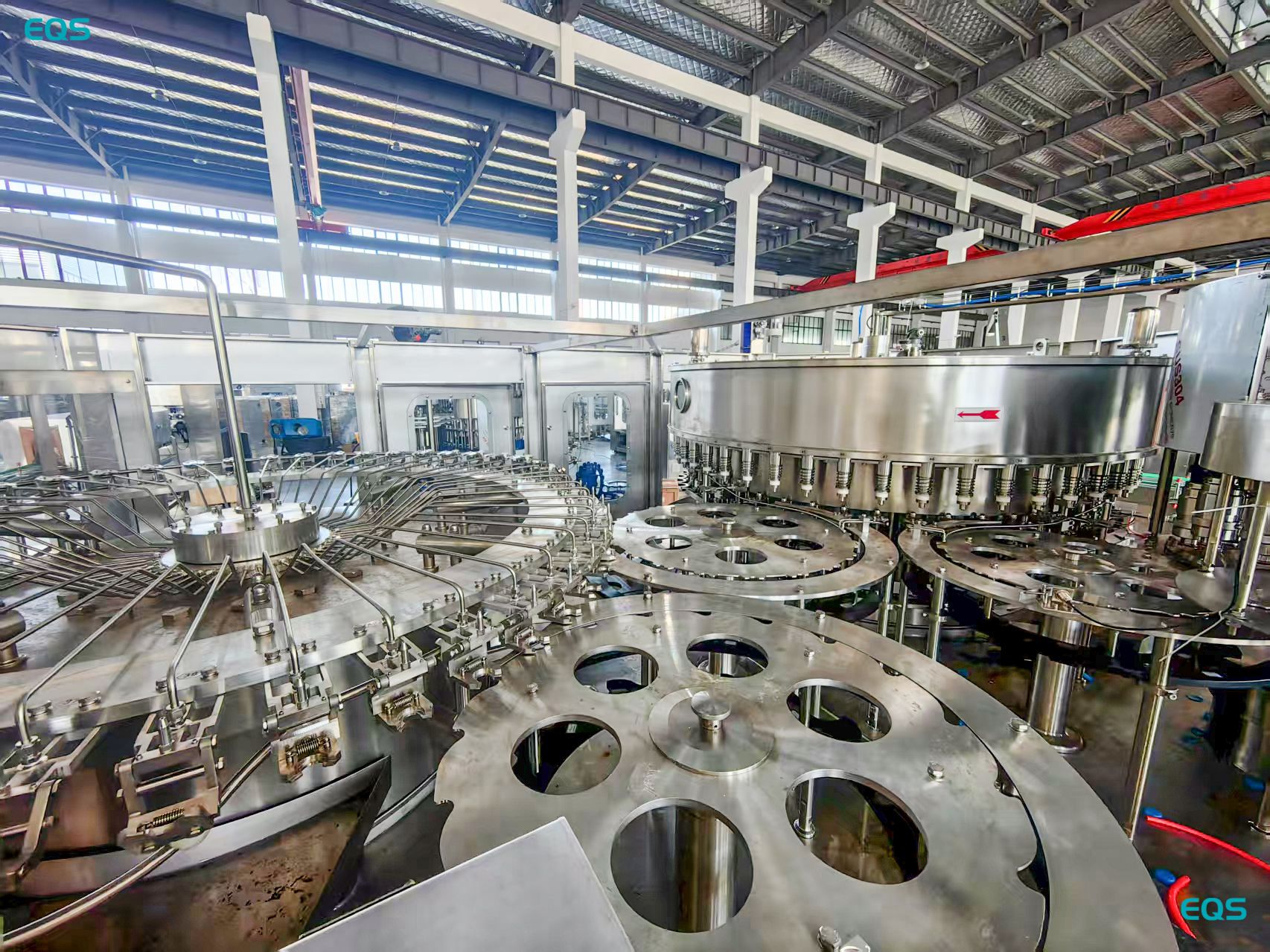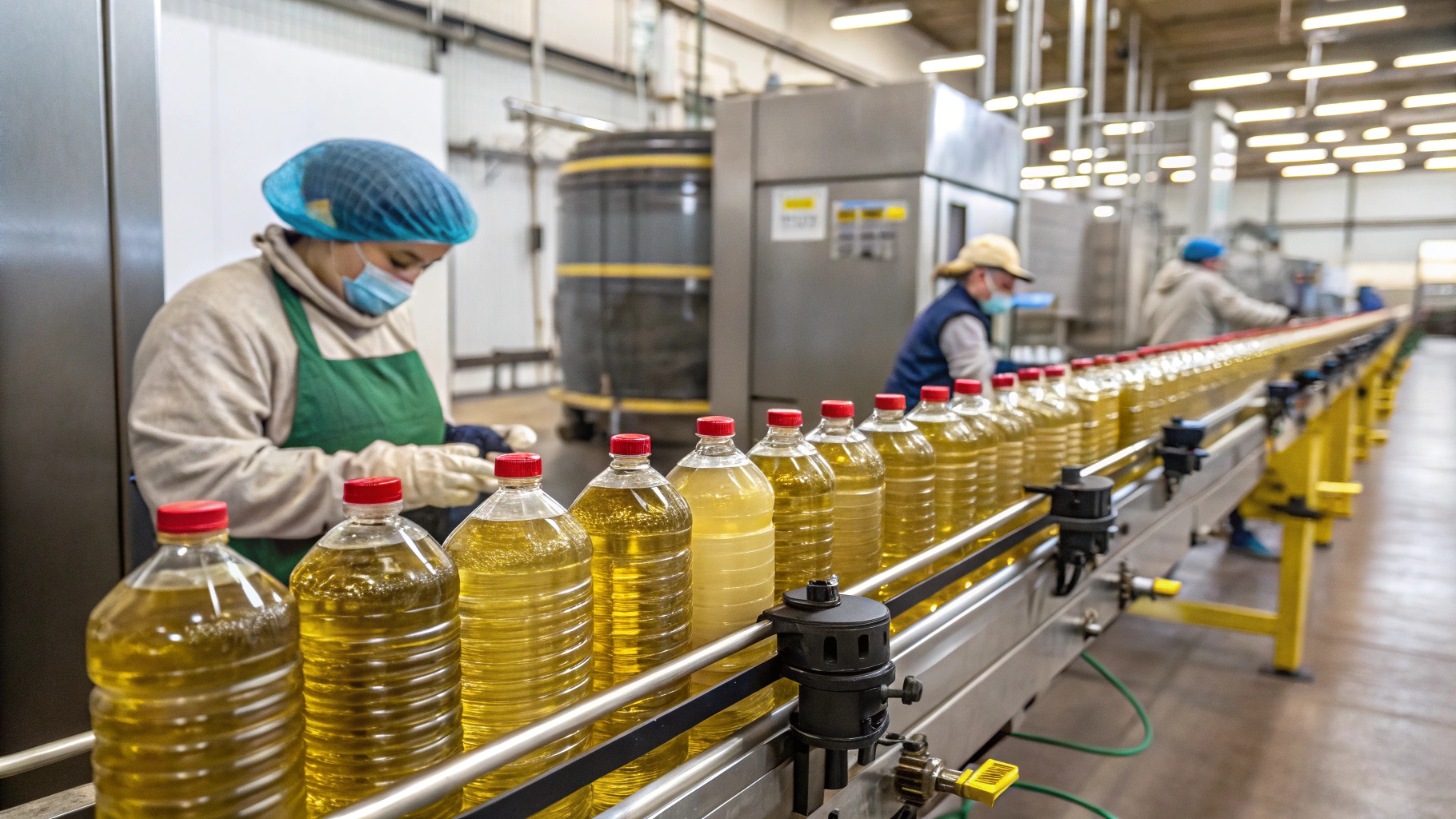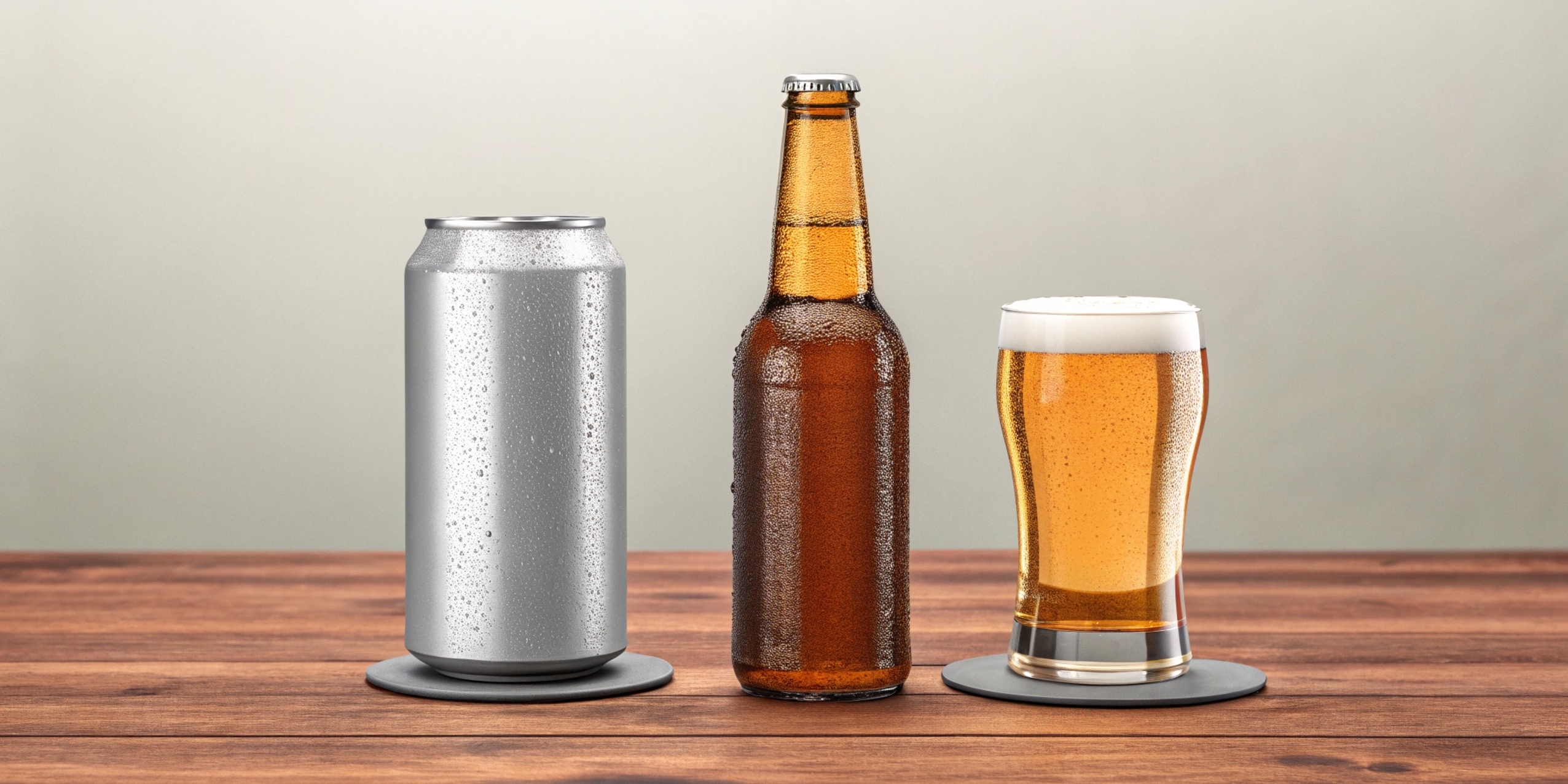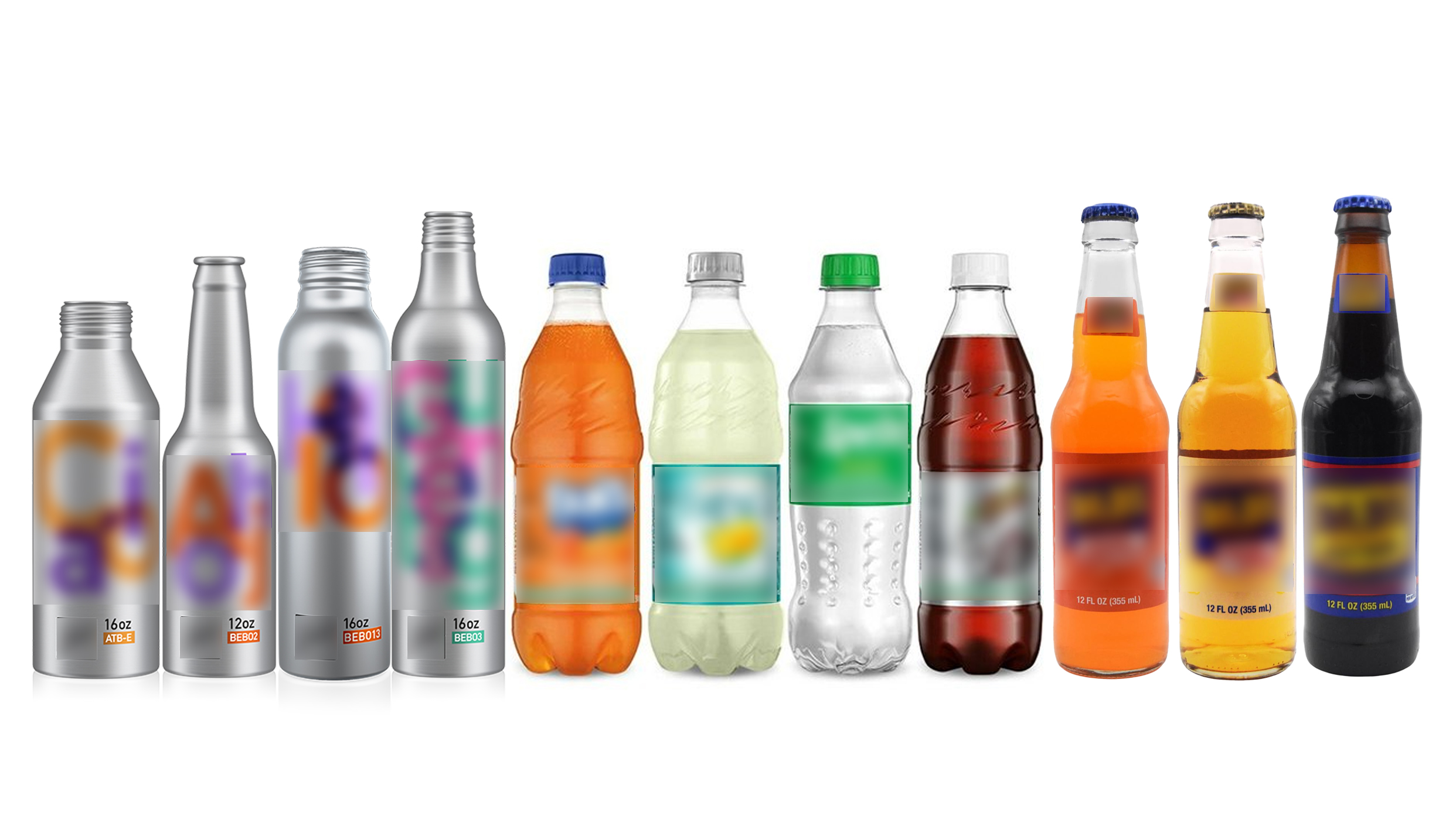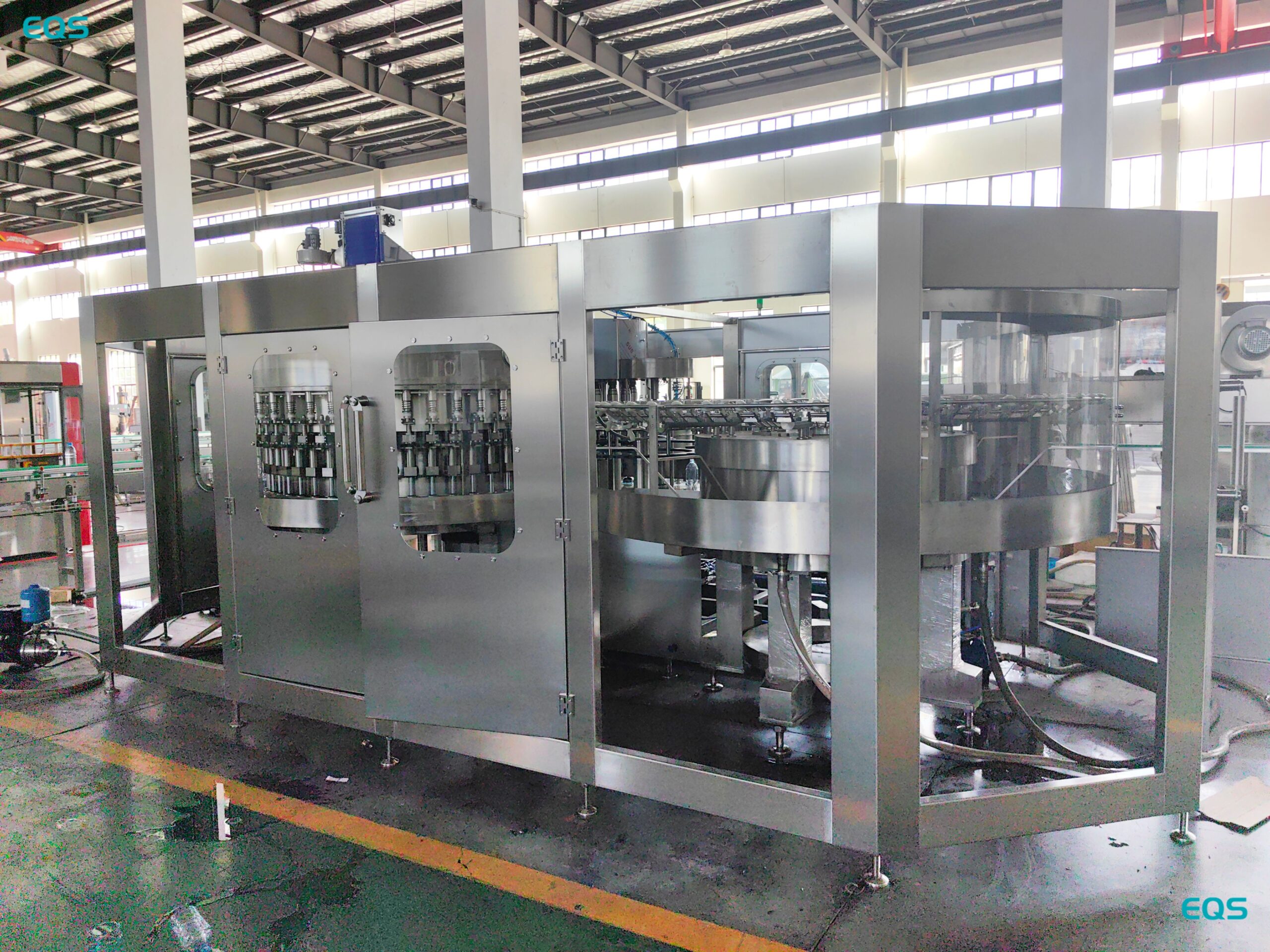The Cost-Benefit Analysis of Investing in a Recycle Glass Bottle Washing Machine
leading paragraph:
Dirty bottles cramping your style? Let's see if a washing machine pays off!
snippet paragraph:
Investing in a recycle glass bottle washing machine involves weighing costs like initial investment and operational expenses against benefits such as long-term savings and environmental impact. This cost-benefit analysis helps businesses, large and small, make informed decisions by assessing the pros and cons.
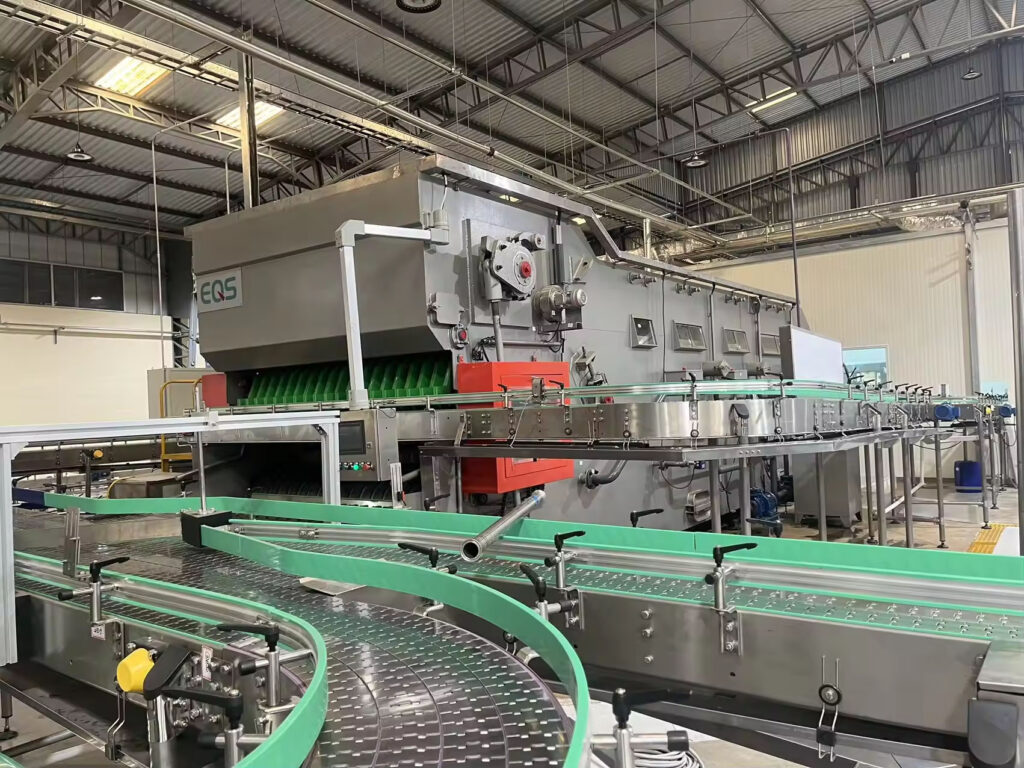
Transition Paragraph:
Let's break down the costs and benefits to help you decide if a recycle glass bottle washing machine is the right choice for your business.
Initial Investment: Understanding the Upfront Costs
leading paragraph:
How much will it set you back? Let's talk upfront costs.
snippet paragraph:
The initial investment includes the cost of the machine, installation, and any necessary infrastructure upgrades. Prices vary based on capacity, features, and automation level. Factor in potential expenses like plumbing, electrical work, and training for operators.
Cost Factors
- Machine Price: Varies by capacity and features.
- Installation Costs: Plumbing and electrical work.
- Infrastructure Upgrades: Necessary modifications.
- Training Expenses: Operator training.
- Shipping: Getting the machine to you.
- Customization: Tailoring to your needs.
Dive deeper Paragraph:
The initial investment in a recycle glass bottle washing machine is a significant consideration for any business. Understanding the various components of this upfront cost is essential for accurate budgeting and financial planning.
Machine Price
The price of the machine itself is the most substantial part of the initial investment. Prices can vary widely depending on the machine's capacity, features, and level of automation. Higher-capacity machines with advanced features, such as automated sorting and inspection, will generally cost more than smaller, less sophisticated models.
Installation Costs
Installation costs include the expenses associated with setting up the machine in your facility. This may involve plumbing and electrical work to connect the machine to water and power sources. Depending on the machine's size and complexity, installation may require the services of specialized technicians or contractors, adding to the overall cost.
Infrastructure Upgrades
Depending on your existing facility, you may need to make infrastructure upgrades to accommodate the new machine. This could involve modifying the layout of your production line, reinforcing the floor to support the machine's weight, or upgrading your water and drainage systems.
Training Expenses
Proper training for operators is essential to ensure the safe and efficient operation of the recycle glass bottle washing machine. EQS will provide free training to their employees after customer acceptance.
Operational Costs: Accounting for Ongoing Expenses
leading paragraph:
What will it cost to run? Let's look at the ongoing expenses.
snippet paragraph:
Operational costs include water usage, electricity, detergent, maintenance, and labor. Efficient machines minimize these expenses. Compare these costs to current bottle purchasing or disposal expenses to determine potential savings.
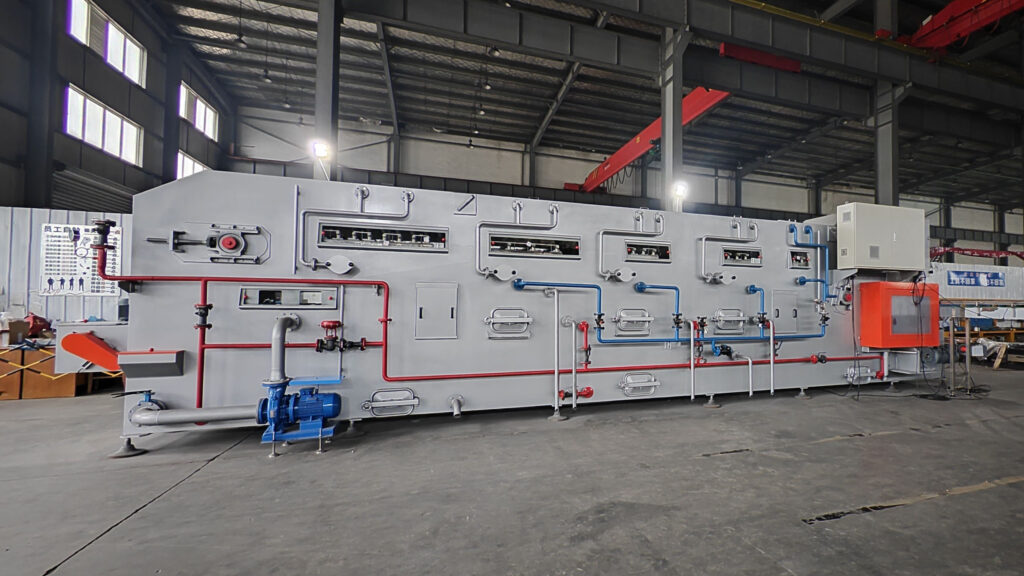
Cost Components
- Water Usage: Efficient water consumption.
- Electricity: Powering the machine.
- Detergent: Cleaning supplies.
- Maintenance: Regular upkeep.
- Labor: Operator wages.
- Waste Disposal: Disposing of sludge.
Dive deeper Paragraph:
Operational costs are the ongoing expenses associated with running the recycle glass bottle washing machine on a day-to-day basis. Understanding these costs is essential for determining the long-term profitability and sustainability of your investment.
Water Usage
Water is a primary input for washing glass bottles, and the amount of water consumed can significantly impact operational costs. Efficient machines are designed to minimize water usage through features like water recycling systems and optimized spray nozzles.
Electricity
The recycle glass bottle washing machine requires electricity to power its motors, pumps, and heating elements. The amount of electricity consumed depends on the machine's size, capacity, and efficiency. Energy-efficient machines can help reduce electricity costs and lower your carbon footprint.
Detergent
Detergent is used to clean and sanitize the glass bottles, and the cost of detergent can be a significant operational expense. The type and amount of detergent required depends on the level of contamination on the bottles and the machine's cleaning system.
Maintenance
Regular maintenance is essential to keep the recycle glass bottle washing machine running smoothly and prevent costly breakdowns. Maintenance costs include the expenses associated with spare parts, lubricants, and labor for routine inspections and repairs.
Long-Term Savings: Identifying Cost Reduction Opportunities
leading paragraph:
Where will you save money? Long-term savings are key.
snippet paragraph:
Long-term savings come from reduced bottle purchasing costs, lower waste disposal fees, and potential revenue from selling cleaned bottles. Efficient operations and reduced downtime also contribute to overall cost savings over time.
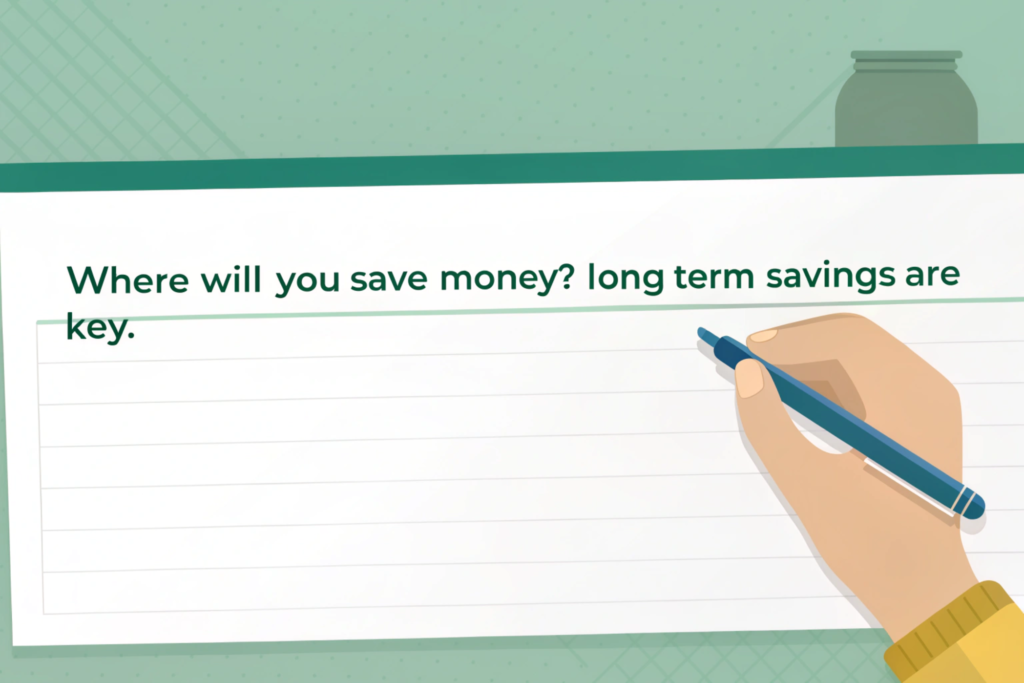
Savings Areas
- Reduced Bottle Purchases: Reusing bottles.
- Lower Disposal Fees: Less waste.
- Revenue from Sales: Selling cleaned bottles.
- Efficient Operations: Optimized processes.
- Reduced Downtime: Increased productivity.
- Government Incentives: Rebates and grants.
Dive deeper Paragraph:
Long-term savings are a crucial benefit of investing in a recycle glass bottle washing machine. By reducing reliance on new bottles and minimizing waste disposal costs, businesses can achieve significant cost reductions over time.
Reduced Bottle Purchases
One of the most significant long-term savings comes from reduced bottle purchasing costs. By washing and reusing existing bottles, businesses can decrease their demand for new bottles, lowering their overall supply expenses.
Lower Disposal Fees
Recycling glass bottles reduces the amount of waste sent to landfills, resulting in lower waste disposal fees. Landfill costs can vary depending on the location and volume of waste, but they can be a substantial expense for businesses that generate large amounts of glass waste.
Revenue from Sales
In some cases, businesses may be able to generate revenue by selling cleaned glass bottles to other companies. This can be a particularly attractive option for businesses that wash bottles on a large scale.
Efficient Operations
Efficient operations can lead to significant cost savings over time. Optimizing the washing process, reducing water and energy consumption, and minimizing downtime can all contribute to increased profitability.
Environmental Impact: Measuring the Green Benefits
leading paragraph:
Good for the planet, good for business! Environmental benefits matter.
snippet paragraph:
Recycling reduces landfill waste, conserves natural resources, and lowers energy consumption compared to manufacturing new bottles. Highlight your commitment to sustainability, attracting environmentally conscious customers and improving your brand image.
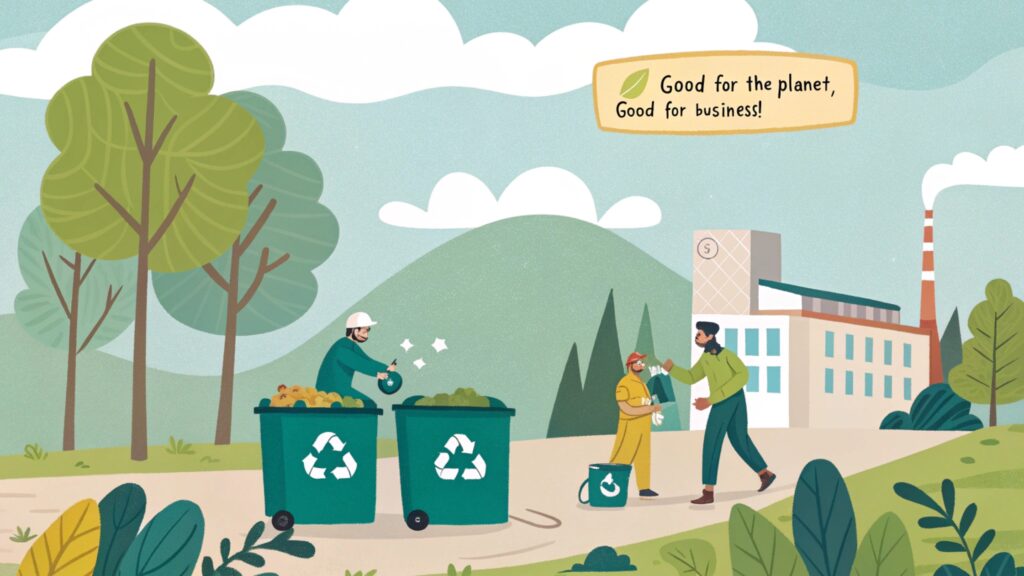
Green Advantages
- Reduced Landfill Waste: Less pollution.
- Conserved Resources: Saving materials.
- Lower Energy Use: Reducing emissions.
- Customer Appeal: Attracting buyers.
- Brand Image: Improving reputation.
- Regulatory Compliance: Meeting standards.
Dive deeper Paragraph:
The environmental impact of investing in a recycle glass bottle washing machine is a significant benefit that should not be overlooked. By reducing landfill waste, conserving natural resources, and lowering energy consumption, businesses can contribute to a more sustainable future.
Reduced Landfill Waste
Recycling glass bottles reduces the amount of waste sent to landfills, which helps to conserve valuable landfill space and reduce pollution. Landfills can release harmful greenhouse gases and contaminate soil and water, posing a threat to the environment and human health.
Conserved Resources
Recycling glass bottles conserves natural resources, such as sand, soda ash, and limestone, which are used to manufacture new glass bottles. By reusing existing bottles, businesses can reduce the demand for these raw materials, helping to preserve them for future generations.
Lower Energy Use
Manufacturing new glass bottles requires a significant amount of energy. Recycling glass bottles requires less energy than manufacturing new bottles from raw materials, helping to reduce greenhouse gas emissions and combat climate change.
Case Studies and Examples: Learning from Others
leading paragraph:
Does it work in practice? See real-world examples.
snippet paragraph:
Examine case studies of businesses that have successfully implemented recycle glass bottle washing machines. These examples demonstrate potential cost savings, environmental benefits, and operational improvements in various industries and scales.
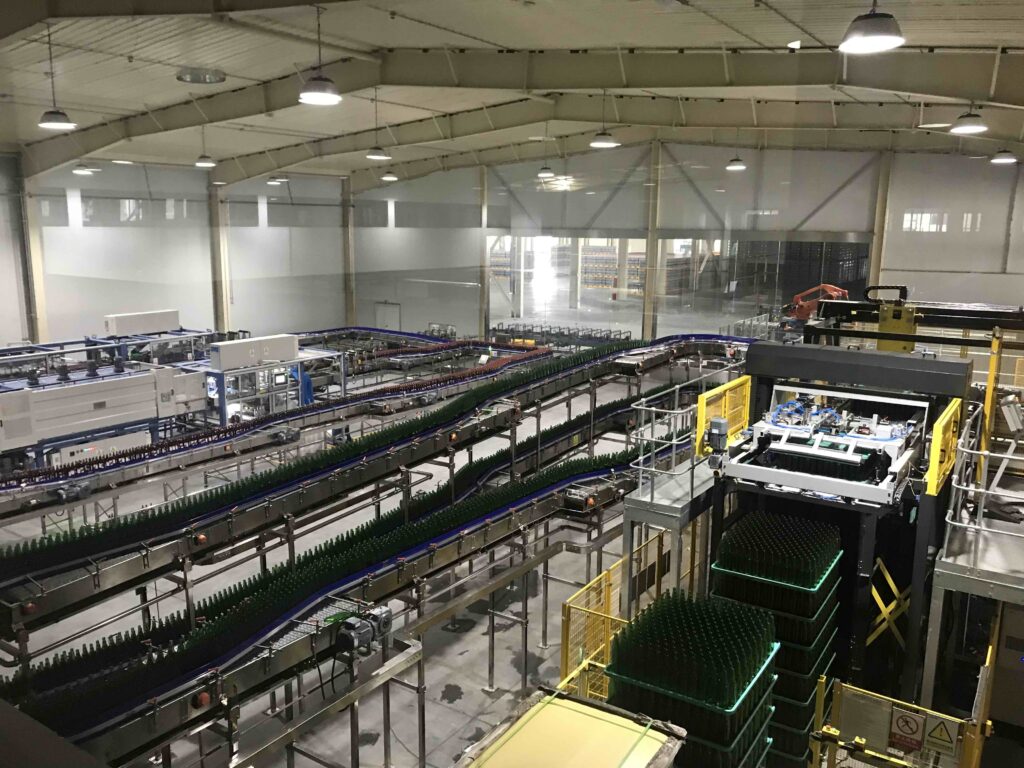
Real-World Insights
- Brewery Success: Cost savings in beer production.
- Beverage Company: Reducing waste disposal fees.
- Small Producer: Sustainable practices.
- Large Manufacturer: Scalable solutions.
- Environmental Impact: Positive stories.
- ROI Examples: Return on investment data.
Dive deeper Paragraph:
Examining case studies and real-world examples of businesses that have successfully implemented recycle glass bottle washing machines can provide valuable insights and demonstrate the potential benefits of this investment.
Brewery Success
Many breweries have successfully implemented recycle glass bottle washing machines to reduce costs, improve sustainability, and enhance their brand image. These breweries have reported significant savings in bottle purchasing costs, as well as reduced waste disposal fees.
Beverage Company
Beverage companies that produce bottled water, soda, and juice have also found success with recycle glass bottle washing machines. These companies have been able to reduce their reliance on new bottles, lower their carbon footprint, and attract environmentally conscious customers.
Conclusion
Investing in a recycle glass bottle washing machine is a complex decision requiring careful analysis. Consider all costs and benefits. A well-informed choice can lead to significant financial and environmental rewards!
My name is Allen, and I'm an expert in filling machine technology at EQS (eqsfilling.com), a leading liquid packaging solution provider based in China. If you're looking for top-quality machines for your production line, feel free to reach out to me at [email protected]. We specialize in providing customizable solutions with cutting-edge technology.

